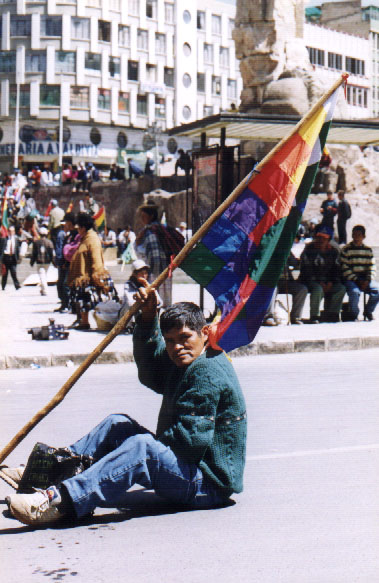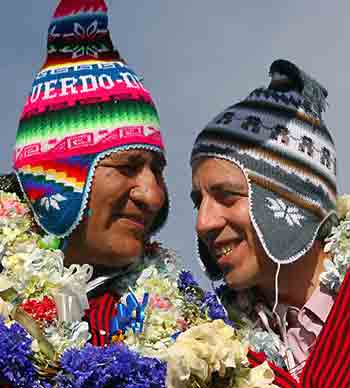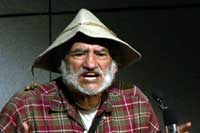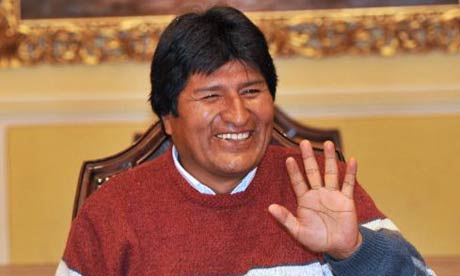
Interview with Luis Bilbao, conducted by Agustina Desalvo for the Argentinian journal Razón y Revolución, issue #18 (second semester 2008). Translated by Links International Journal of Socialist Renewal/Green Left Weekly’s Federico Fuentes and published with the permission of Bilbao.
Luis Bilbao is a central participant in the construction of the mass United Socialist Party of Venezuela (PSUV) and in the formation of the Union of South American Nations (UNASUR); founding editor of the Latin America-wide monthly magazine América XXI. Luis Bilbao will be a featured guest at the World at a Crossroads conference, to be held in Sydney, Australia, on April 10-12, 2009, organised by the Democratic Socialist Perspective and Green Left Weekly. Visit http://www.worldATACrossroads.org for full agenda and to book your tickets.
* * *






